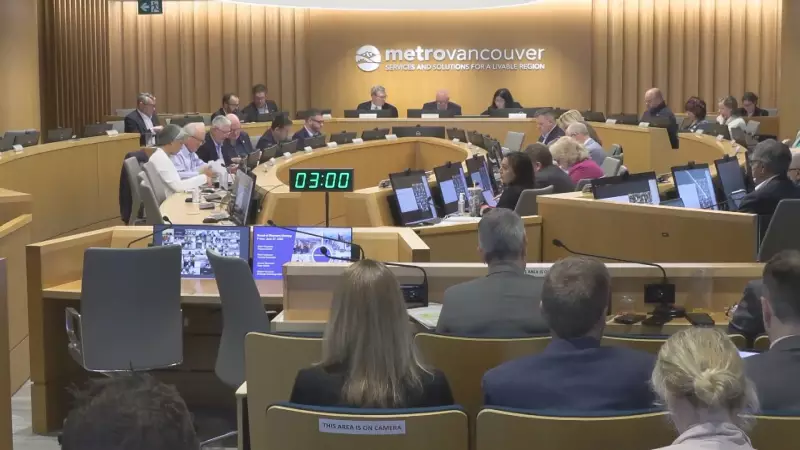
In a significant reversal, Metro Vancouver's board has passed a revised 2024 budget that scales back previously proposed tax increases after facing substantial public outcry. The modified financial plan represents a compromise between funding essential regional services and addressing taxpayer concerns.
Revised Numbers Bring Relief to Taxpayers
The newly approved budget reduces the overall property tax increase from the initially proposed 8.75% down to approximately 7.5%. For the average Metro Vancouver homeowner, this translates to roughly $30 in annual savings compared to the original proposal. While still representing a significant increase, the revised figure acknowledges the financial pressures facing residents amid ongoing affordability challenges.
What Prompted the Change?
The budget revision comes after weeks of vocal opposition from municipalities across the region and concerned citizens. Local leaders had expressed alarm about the cumulative burden on taxpayers when combined with municipal tax increases. The public feedback period revealed deep concerns about the timing and scale of the initial proposal.
Where Your Tax Dollars Are Going
The approved budget maintains funding for critical regional services while making strategic adjustments. Key allocations include:
- Essential water and sewer infrastructure upgrades
- Parks and environmental protection programs
- Regional housing initiatives
- Waste management and recycling services
- Public transportation support
Board Members Acknowledge Public Concerns
Several board members emphasized the importance of listening to taxpayer feedback during the approval process. "We heard clearly from our residents that the original increase was too much," noted one commissioner. "This revised budget represents a balanced approach that maintains service levels while showing we're responsive to public concerns."
Long-Term Financial Sustainability
Despite the reduction, officials stress that the budget addresses growing operational costs and infrastructure demands across the rapidly expanding metropolitan region. The compromise budget attempts to balance immediate taxpayer relief with long-term planning needs for one of Canada's fastest-growing urban areas.
The final approval marks the conclusion of a contentious budget process that highlighted the challenging balance between funding essential services and managing the cost of living in British Columbia's largest metropolitan region.





